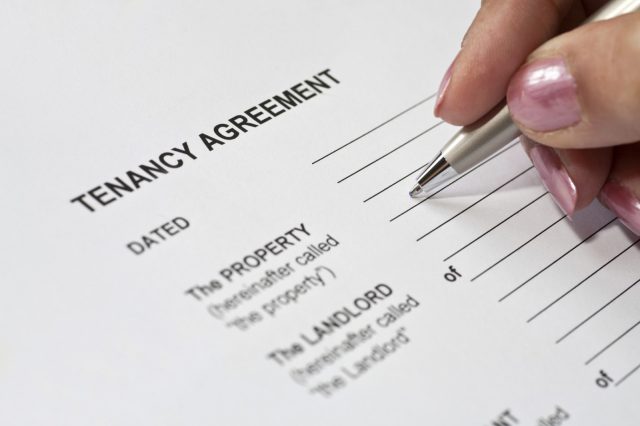Students use Smartphones to Look for Property
Advancing technology has changed the way that students are searching for private rental accommodation during their time at university.
Research from accommodationforstudents.com suggest that 90% of students own a smartphone. With this in mind, students are likely to search for accommodation away from their computers.
Google was unsurprisingly the preferred search portal for 52% of the 1,500 students surveyed.[1]
Offline
Students choosing not to search for rental accommodation for their next academic year online mostly utilized letting agents and university accommodation offices.
58% of students said that proximity to their university campus was their most important factor when searching for new housing. However, many were ultimately ruled by price when making their final decisions.[1]
Those students residing in privately rented accommodation expressed that they felt they got more value for money than those living in halls of residence.
Important
The survey revealed that 70% of students feel that rent inclusive of bills is very important, allowing them to keep on top of their finances. 88% nodded again to advanced technology, stating that a fast internet connection was the most important feature to them.[1]
Of the students who responded to the survey, 66% lived in rental accommodation managed by agents or private landlords. 60% said that they had a positive relationship with the property owner.[1]
Issues
Disappointingly, the students questioned reported a range of problems with their accommodation provider. 40% said that they had received no communication after lodging a maintenance issue and almost 33% cited a general lack of communication.[1]
Further disappointing news came with the figure of 51% reporting that they felt their deposit had been wrongly withheld by their provider.[1]
[1] http://old.lettingagenttoday.co.uk/news_features/Half-of-student-tenants-say-deposits-are-unfairly-with-held





